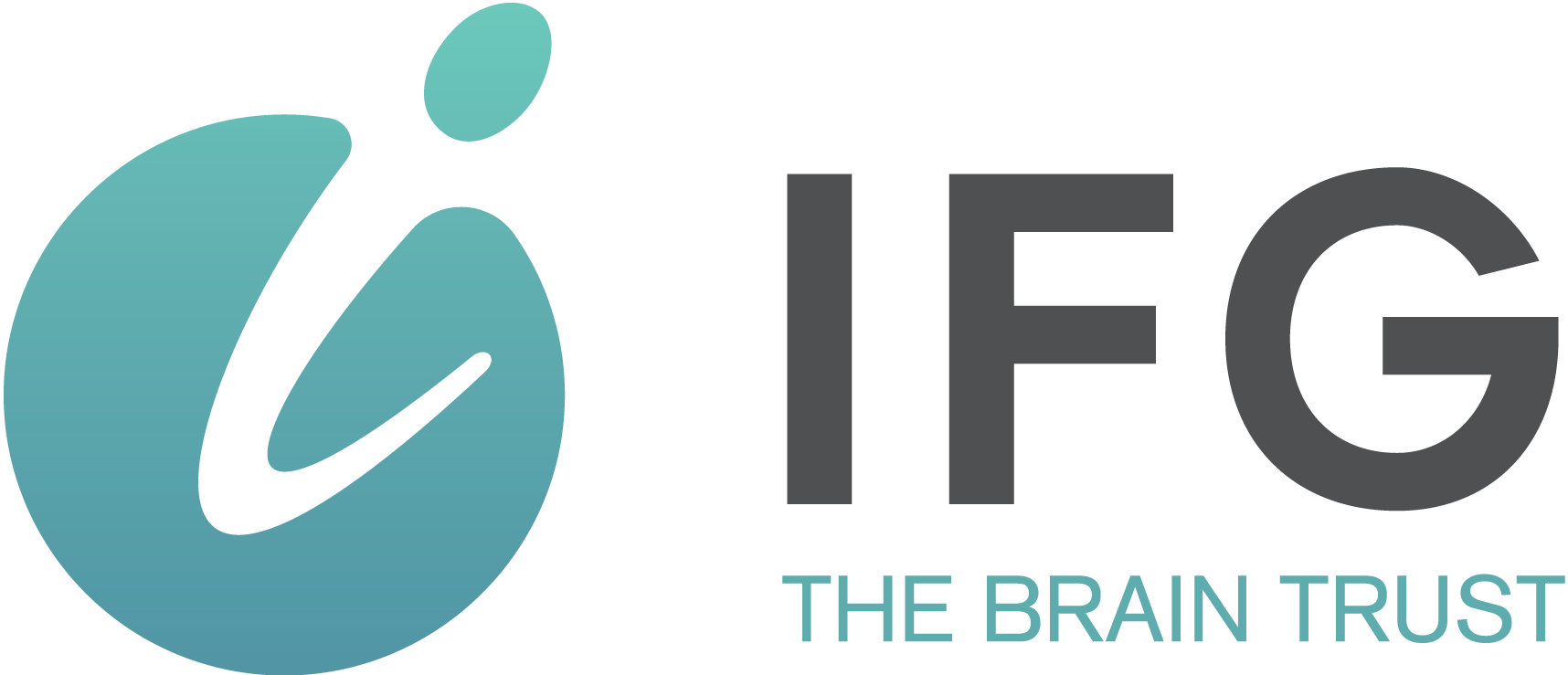- February 29, 2024
8 Keys to High Level Production for Financial Advisors

When working as a financial advisor, it’s easy to get wrapped up in the day-to-day tasks. However, anticipating and planning for the future of your practice is equally vital for sustainable progress. Read on to learn 8 keys to high-level production for operating and growing your practice.
1. Write a business plan:
A common pitfall for financial planners is to narrow their focus solely on financial planning. Keep in mind that operating as an independent advisor means you’re not only a financial advisor but a business owner. That’s why it’s imperative to build a formal, documented business plan.
In developing your plan you need to have a sustainable, competitive uniqueness, as well as strategic goals and tactical steps to attain them.
To create your business plan, follow these steps:
- Determine who you are and what you have to offer.
- Write down your short and long-term goals.
- Create a list of steps you need to accomplish your goals.
- Make a complete list of all changes needed to accomplish your goals.
- Set a Timetable.
- Put the logic or rationale behind your assumptions into writing.
- Develop a marketing plan.
- Keep your business in plain view.
For a further breakdown of building a productive business plan (and more) written by our very own Don Patrick, download our white paper here:
2. Establish a Primary Niche:
If you needed a heart transplant, you’d want the best heart surgeon, not a general doctor. The same goes for financial planning.
Your clients (and potential clients) want to work with an expert in their field. If they’re planning for retirement, they’ll look for a retirement specialist, not someone who claims to help with retirement, divorce settlements, college funds, inheritance, and so on.
By establishing yourself as a specialized authority in your niche, you will attract your ideal clients, who have a clear understanding of their goals and are committed to investing in their own success.
3. Develop a Unique Selling Proposition:
To set yourself apart from the pack, it’s necessary to develop a unique selling proposition. This means taking a look at your business and establishing what makes your firm different and why someone should do business with you.
Start by identifying your competition and seek client feedback to discern perceived differences. This will give you an idea of what to amplify in your marketing.
Once you have a grasp of what makes your firm different, it’s time to craft your messaging. Be sure to emphasize your unique strengths, like credentials, experience, quality of work, or exceptional service. You’ll also want to highlight your services and add-ons.
Remember, most financial products have a similar price tag, so differentiate your firm by offering excellent customer service and benefits. Maybe you could offer free financial check-up meetings, free calls for queries, free short financial plans, or even complimentary appointments with your professional network, for example.
4. Create an Effective Marketing Plan:
Developing a consistent, year-round marketing strategy will help you avoid irregular business influx. Start by targeting your marketing efforts and including a call to action in all your communications.
Here are a few key ways you can build an effective marketing plan:
- Broaden your marketing tactic to reach a diverse audience.
- Always emphasize addressing client concerns over talking about your firm.
- Allocate 10%-20% of your gross revenue to marketing. Look at this as an investment rather than a mere expense
- Delegate tasks where possible to conserve your limited energy and time.
- Position yourself as a specialist to command trust and authority in your field.
5. Maintain a Contact Management System:
Your success as an independent financial advisor depends on managing healthy relationships with your clients, so maintaining consistent communication with your clients is vital. That’s where using a Customer Management System (CMS) will come in handy.
Utilizing a CMS means clients and prospects don’t fall between the cracks. It starts with categorizing each client or prospect in your database.
For established clients, you’ll want to use a CMS to keep track of changes to their contact information and availability, as well as a brief note on each interaction you’ve had with them. You’ll also want to set up a schedule of follow-up check-ins to be sure you don’t go too long without contact.
A CMS is also good for keeping a list of leads you can pull from on a regular basis. This will keep your prospective client base moving through the sales funnel rather than stagnating in the lead stage or first meeting stage. Remember, your client interaction should work like a factory: the first meeting is the raw material, the second stage is work-in-progress, and the final stage is the closing meeting.
6. Review a Client’s ‘Total Picture’:
Start by examining five key areas at the initial client interview:
- Protection
- Estate Planning
- Retirement Planning
- Income Tax Planning
- Investments.
Emphasize to your clients the importance of taking the time to gather data, analyze it, and then make informed recommendations in these areas. This process ensures you consider all the necessary details to provide accurate advice to your clients.
Remember, when meeting prospects, focus initially on addressing the top three problems they face. If they are unwilling to work on the weakest areas of their plan, your chances of successfully converting them into a client are slim.
7. Meet Regularly with Clients:
Regular meetings with clients are pivotal to fostering a strong, trust-based relationship, allowing for a deeper understanding of their evolving needs and financial goals. One way to ensure consistent communication is to schedule the next meeting at the end of each appointment.
This consistent interaction showcases your dedication and commitment to their financial well-being. It also provides the opportunity to adjust financial plans as necessary, ensuring that they remain aligned with the client’s dynamic life circumstances.
Decide on the frequency of meetings with your clients and be sure to follow up after changes have been implemented. This will assist in mitigating buyer’s remorse, addressing problems early on, reducing long-term liability exposure, and providing opportunities for referrals and client education.
8. Delegate When You Can:
To maximize team efficiency, strategic task delegation is crucial. Let your staff handle administrative and operational tasks, such as filing, confirming appointments, managing customer service, and handling paperwork. This will free you to focus on client interactions.
Maintain a weekly timesheet to track non-client-facing activities, and systematize operations for lower error rates. When seeking employees who will add value to your firm, hire for attitude and cultural fit alongside skills, and be sure to invest in proper training.

The Bottom Line
Navigating the path to high-level production goes beyond financial planning. As independent financial planners, we must embrace our role as business owners. This means creating a comprehensive business plan, honing our niche, developing a USP, implementing an effective marketing plan, maintaining a contact management system, reviewing clients’ total pictures, meeting regularly with clients, and delegating tasks efficiently.
With these keys, we can unlock the door to high productivity and growth, learning from the experiences of successful producers like Don Patrick. Remember, success doesn’t happen overnight, but with a strategic approach and consistent effort, it’s well within reach.
Integrated Financial Group offers an extensive arsenal of support, tools, and resources to independent financial planners, enabling them to enhance their business development strategies. By providing access to these resources, along with an environment for ongoing learning and improvement, advisors are empowered to refine their methods, ensuring that every client’s financial trajectory is guided with unmatched service and insight. This deliberate support structure underlines the group’s commitment to helping advisors develop their skills and accelerate the growth of their practices.



